Concussion
A concussion is a brain injury that is caused by a blow to the head or a violent shaking of the head and body. It can occur with or without loss of consciousness and it can lead to temporary cognitive symptoms like:
- Headache
- Confusion
- Lack of coordination
- Memory loss
- Nausea
- Vomiting
- Dizziness
- Ringing in the ears
- Sleepiness
- Excessive fatigue
These symptoms may show up immediately after an injury, though in many cases it can take hours or days making it critical to continue checking for signs a few days after the injury. There is no specific cure for a concussion, other than resting and restricting activities to allow the brain to recover, but when there is a concussion there are almost always issues found in the cervical spine. Chiropractic adjustments and soft tissue work are two of the best treatment options for a concussion as they can work to correct damage to the cervical spine.
Neck Pain
Neck pain is one of the most common complaints after a whiplash injury. In order to limit the risk of chronic neck pain or other long-term issues, it’s crucial to see a chiropractor quickly after an accident or injury. The forceful movement of whiplash can damage vertebral discs, nerves, muscles, resulting in pain from several potential sources. It’s important to have a chiropractor take stock of the situation after a car accident or sports injury to determine the root cause of the pain and the best way to move forward. Chiropractic adjustments help to realign any bones that have been knocked out of place and improve range of motion while soft tissue work helps restore muscle balance and function and corrective exercises help improve muscle stability.
Many times, neck pain is due to a condition called subluxation. Subluxation occurs when a bone or section of the spine shifts out of its normal position. This causes pressure and irritation of the nerves and affects how well your spine can move. If subluxations are not corrected, over time they can cause degeneration to the joints and lead to arthritis. Specific adjustments to the spine will remove pressure from the nerves and allow the joints to move easier. Correcting subluxations will also restore function to the nerves which will speed healing and allow the body to work at its best. If the root cause of your problem is coming from a subluxation in the cervical spine, you will continue to have symptoms until it is addressed. That is why chiropractic is so crucial to eliminating neck pain.
Headaches
80% of people who experience whiplash develop a chronic headache. Headaches may be common, but they are not normal. They are one of the ways your body tells you that something is not functioning properly and must be addressed quickly. The back and fought motion of a whiplash injury can damage the cervical facet joints causing inflammation and irritation of the nerves in the brainstem and spinal cord. The pain of a whiplash headache is typically at the base of the skull and is exacerbated by moving the neck. This limits your range of motion and decreases your ability to do your work, chores, or hobbies.
Shoulder Pain
Your shoulder is the most mobile joint in your body. They are required for a variety of functions and it is that unique range of motion and mobility that makes them delicate and susceptible to injury. Depending on the force of the whiplash event, the shoulder may sprain or strain causing pain and irritation.
There are actually three joints that make up the shoulder – glenohumeral, AC, and SC. Joint restriction and misalignment can occur at any of these joints, and chiropractors are trained to adjust these joints to provide pain relief and restore motion and function. Corrective exercises will increase the strength of the muscles that stabilize the shoulder after any misalignments are corrected. It is common for people with shoulder pain to also experience neck or upper back pain, so we take a global approach to any shoulder issue and make sure that the areas around your shoulder are functioning well, too.
Back Pain
Back pain after a car accident or sports injury can be the result of whiplash, sprains and strains, spinal disc damage, and joint injuries. The force of the impact can cause hypermobility or tear the muscles, tendons, and ligaments in the lower back. This can lead to muscle tension and spasms, and leaves the spine unstabilized.
The impact can also damage or displace one or more of your spinal discs. Your discs sit between each vertebra and act as a shock absorber with a rigid fibrous exterior and a gelatinous center. If the exterior tears and the inner, jelly-like nucleus leaks into the spinal canal it can irritate the nerves causing intense pain and disruption to the nervous system.
If your spine is affected the only thing that is going to help fix it is chiropractic, you can’t medicate away a musculoskeletal issue. If these problems aren’t fixed it can lead to degeneration which has no cure.



